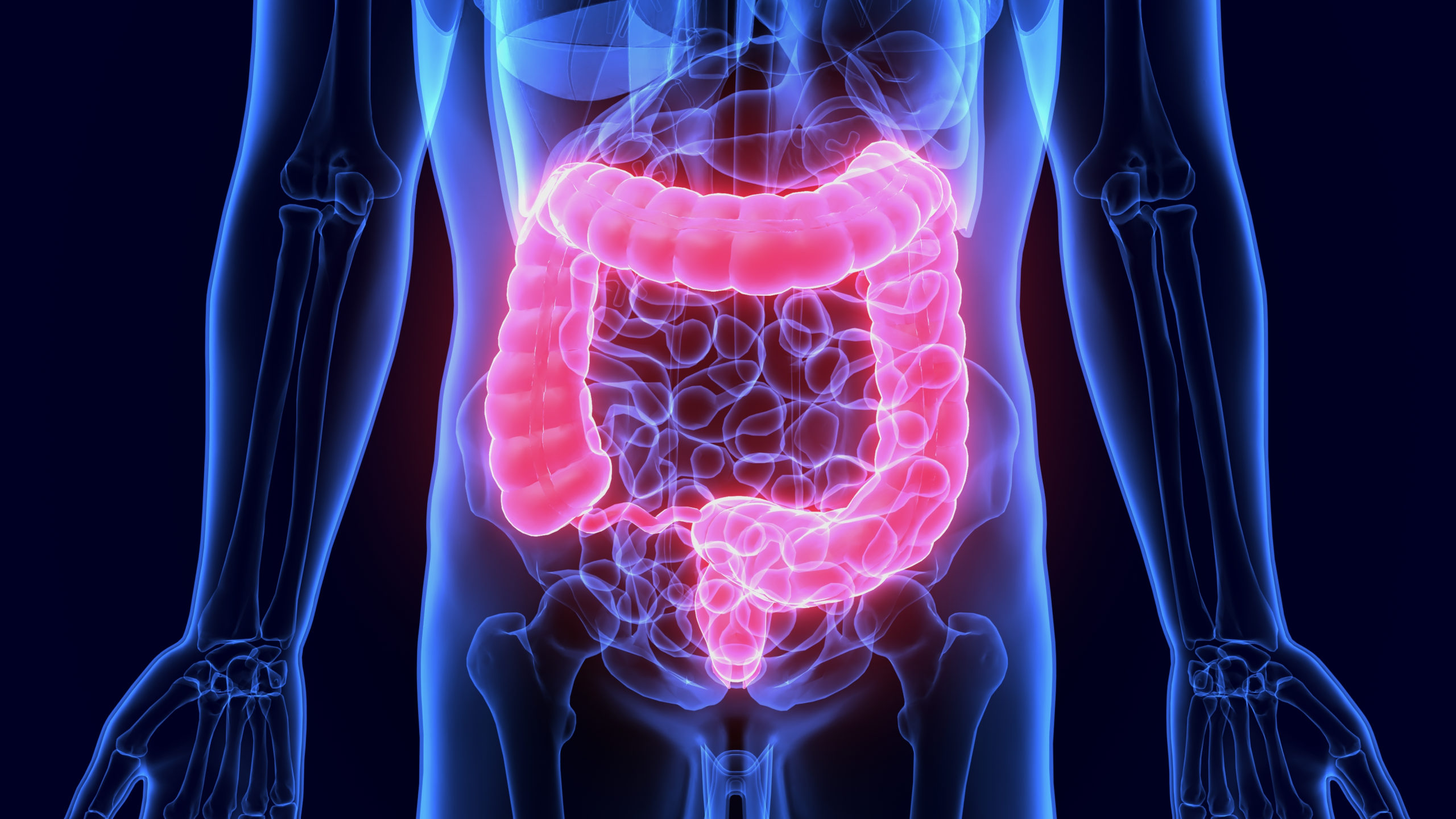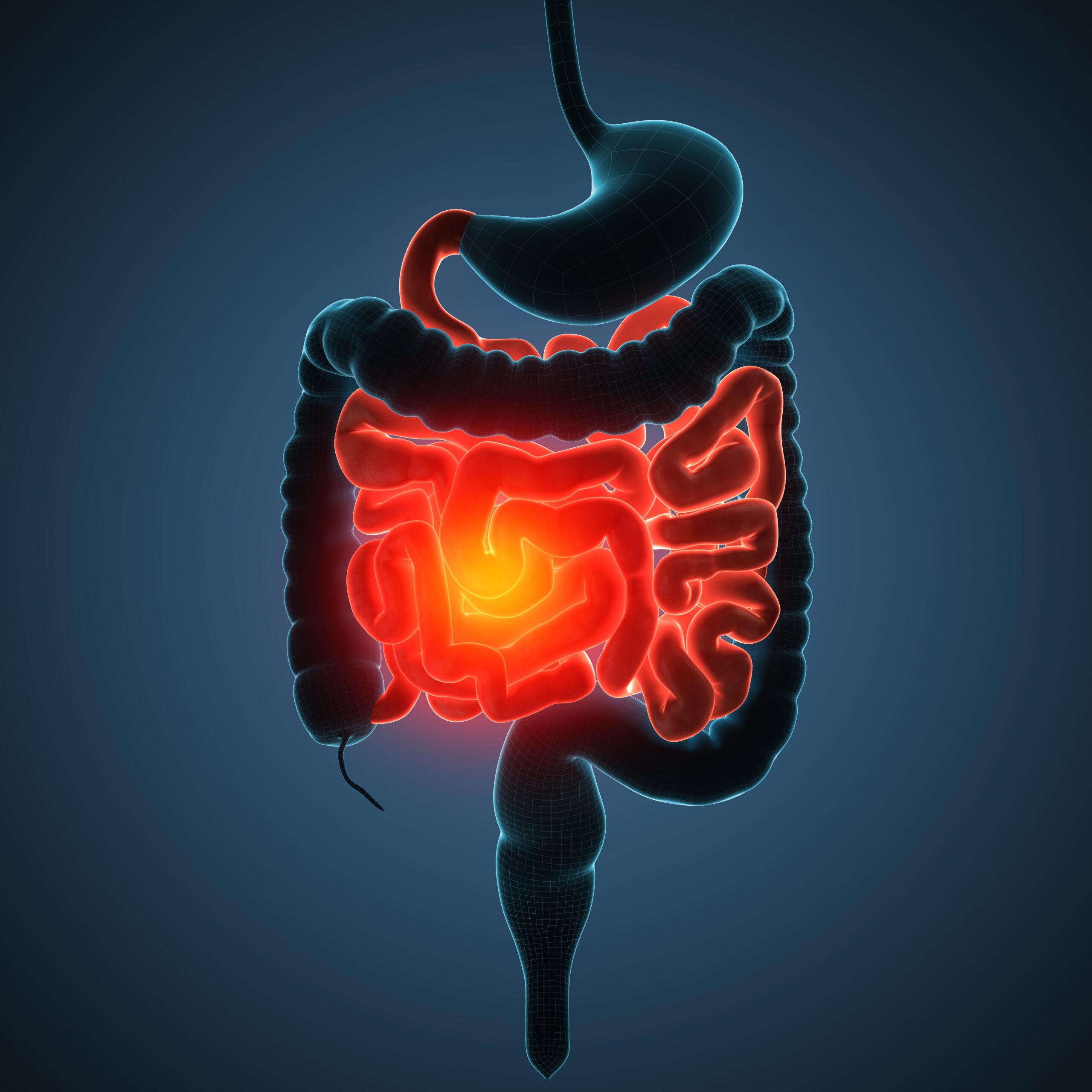SYMPTOMS
Rectal Bleeding Treatment in Dubai

Seeing blood can be frightening. Blood that is mixed in the stool, in the toilet, or seen after cleaning or wiping is often called rectal bleeding. It is a slightly inaccurate term because the blood may be coming from anywhere in the gut, not just the rectum. Another term used by doctors to describe blood in the stool is hematochezia.

What diseases can cause rectal bleeding?
Bright red blood seen on cleaning or wiping, or pink toilet water is the most common type of rectal bleeding. It is often caused by bleeding close to the anus or rectum and may be associated with pain in the anus or rectal itching. Common causes include hemorrhoids (piles) or a small tear at the anus (anal fissure). Darker blood, maroon-colored blood, or blood mixed with the stool suggests a bleeding source higher in the colon. Possible causes include infection such as with Shigella or ameba, inflammatory bowel disease (IBD), diverticular disease and diverticulitis, large colon polyps, or even colon cancer. Bleeding from the stomach and small intestine usually causes black tarry stool as the blood is digested as it passes through the intestines.
Do I need to see a doctor if I have rectal bleeding?
The short answer is ‘yes’! If you have piles (hemorrhoids) and the bleeding you are seeing is just like the bleeding you have had before from your piles, then there is probably no need. But otherwise, any unexplained bleeding is worth getting checked out. It is particularly important if you also have any other symptoms such as looser or more frequent stools, abdominal pain, or weight loss. Most causes of bleeding will turn out to be benign and easily treatable – but more serious diseases such as colitis, Crohn’s disease, or even cancer can also cause bleeding. Serious diseases – particularly cancer – are much easier to treat and cure if diagnosed early. By making an appointment to see Dr Neil, serious diseases can be quickly excluded, and if necessary, appropriate treatment can be started.
How is rectal bleeding investigated?
Blood tests and stool tests may indicate the presence of anemia, low iron levels, or inflammation in the digestive tract. However, the best way of identifying the cause of the bleeding is with a colonoscopy.
How is Rectal Bleeding treated?
The treatment depends on the cause of the bleeding. Usually, the treatment is simple and easy but more serious diseases or heavy bleeding may require surgery.
Can IBS cause blood in the poo?
No. Irritable bowel syndrome (IBS) can cause abdominal pain, bloating, and loose stool and constipation, but does NOT cause blood in the stool. If you have IBS or have been told you have IBS and you see blood in the poo you should make an appointment to see Dr Neil to confirm the diagnosis.
Can stress cause blood in the poo?
No. Stress can make many abdominal symptoms such as pain and diarrhea worse but it cannot cause blood in the poo. If you see blood in the stool you should make an appointment to see Dr Neil for further investigations to find the cause of the bleeding.
The bleeding is probably due to piles. Why do I need to see a doctor?
Hemorrhoids (piles) are probably the most common reason for rectal bleeding – particularly if the blood is bright red and seen only after cleaning or wiping. Some people assume that their bleeding is due to hemorrhoids and do not get it investigated. However, more serious diseases can also cause bleeding. You should not assume the bleeding is coming from piles unless you have been properly assessed.

Do you see blood in your poop? Do you see blood in the toilet or after you clean yourself? Dr Neil has extensive experience in investigating and treating rectal bleeding in Dubai. He can arrange tests that to identify the cause of the bleeding and start any necessary treatment.
